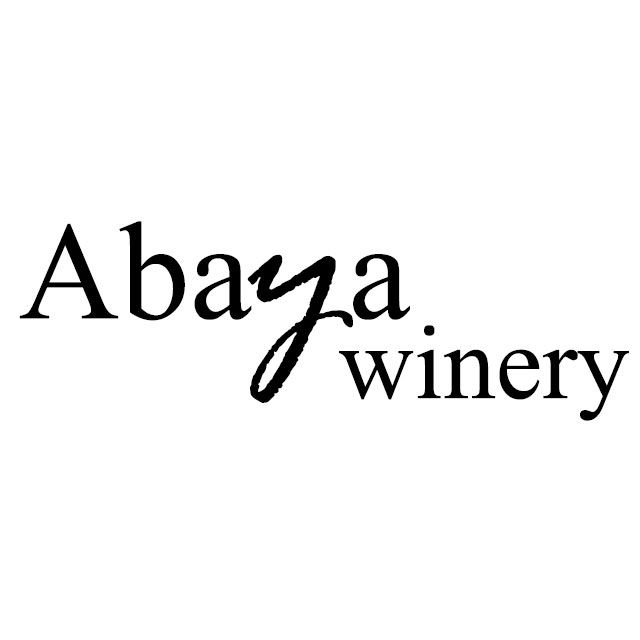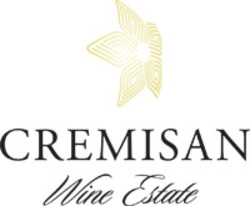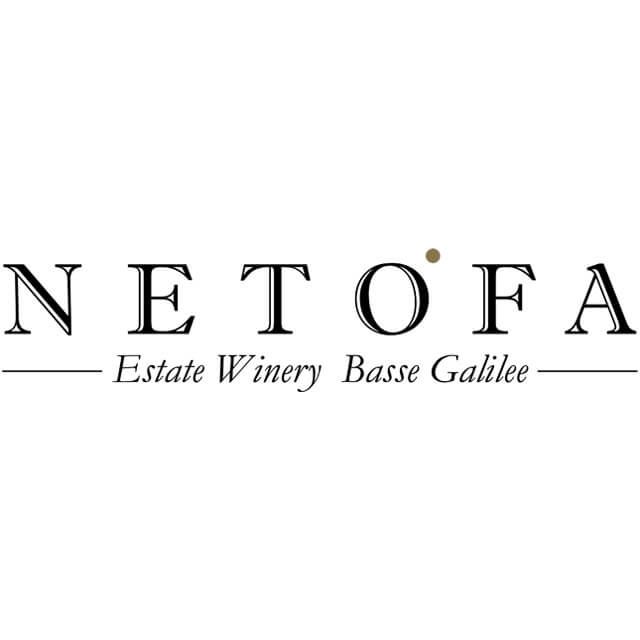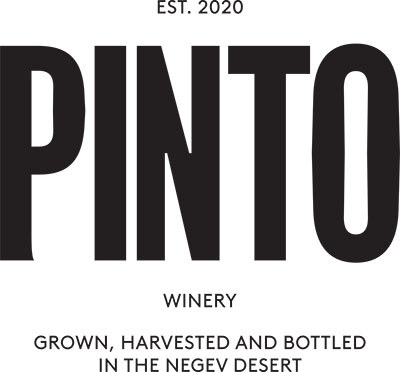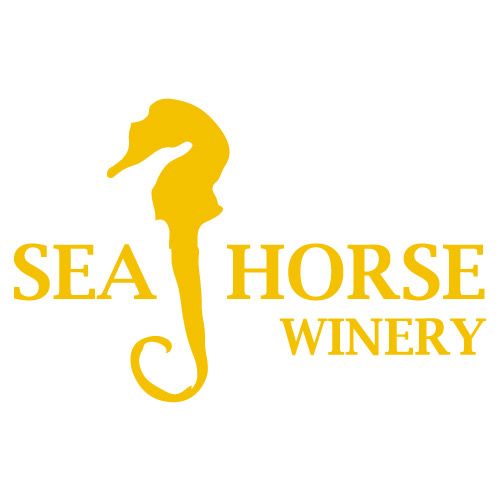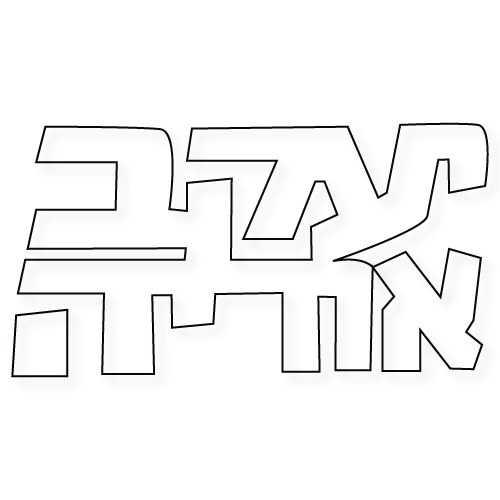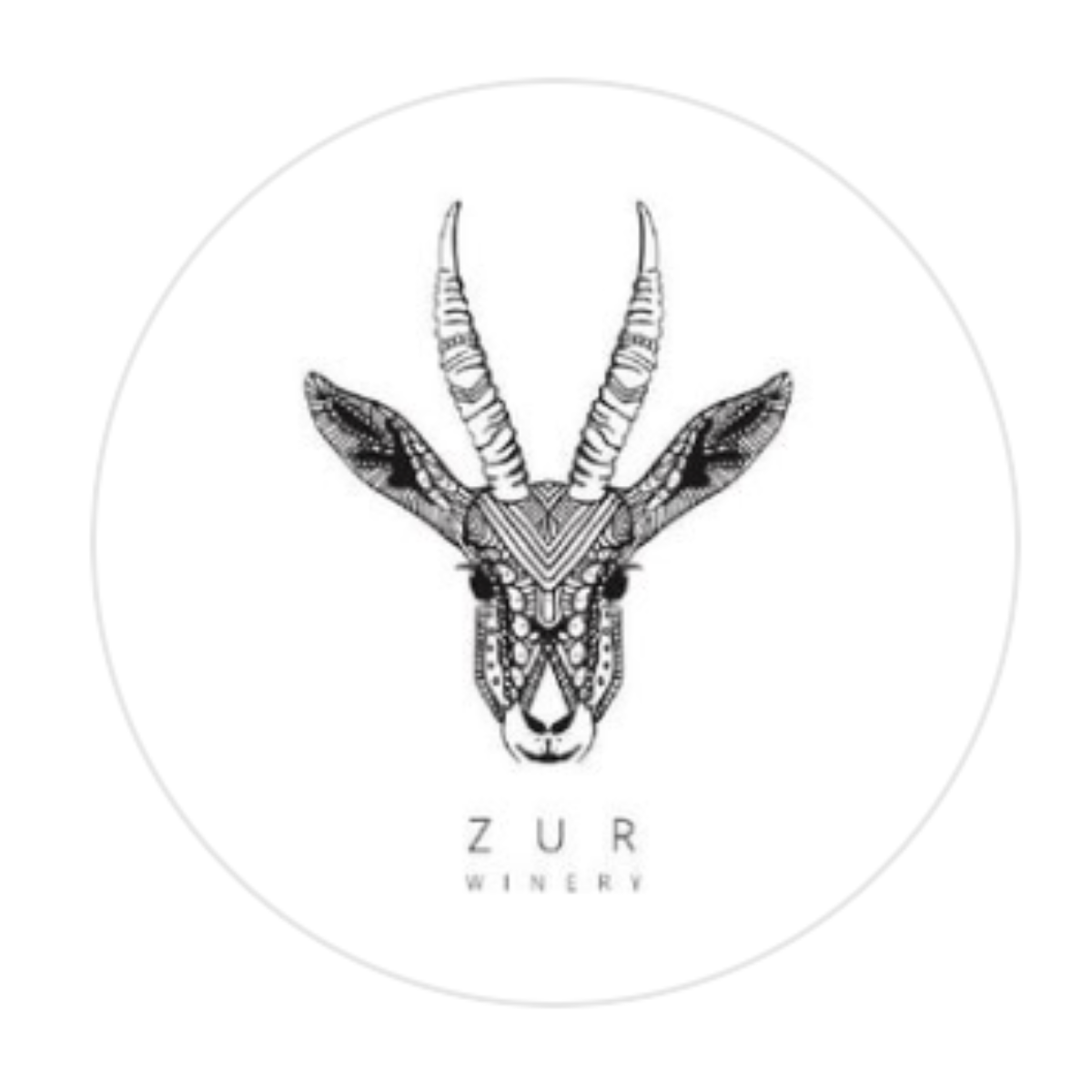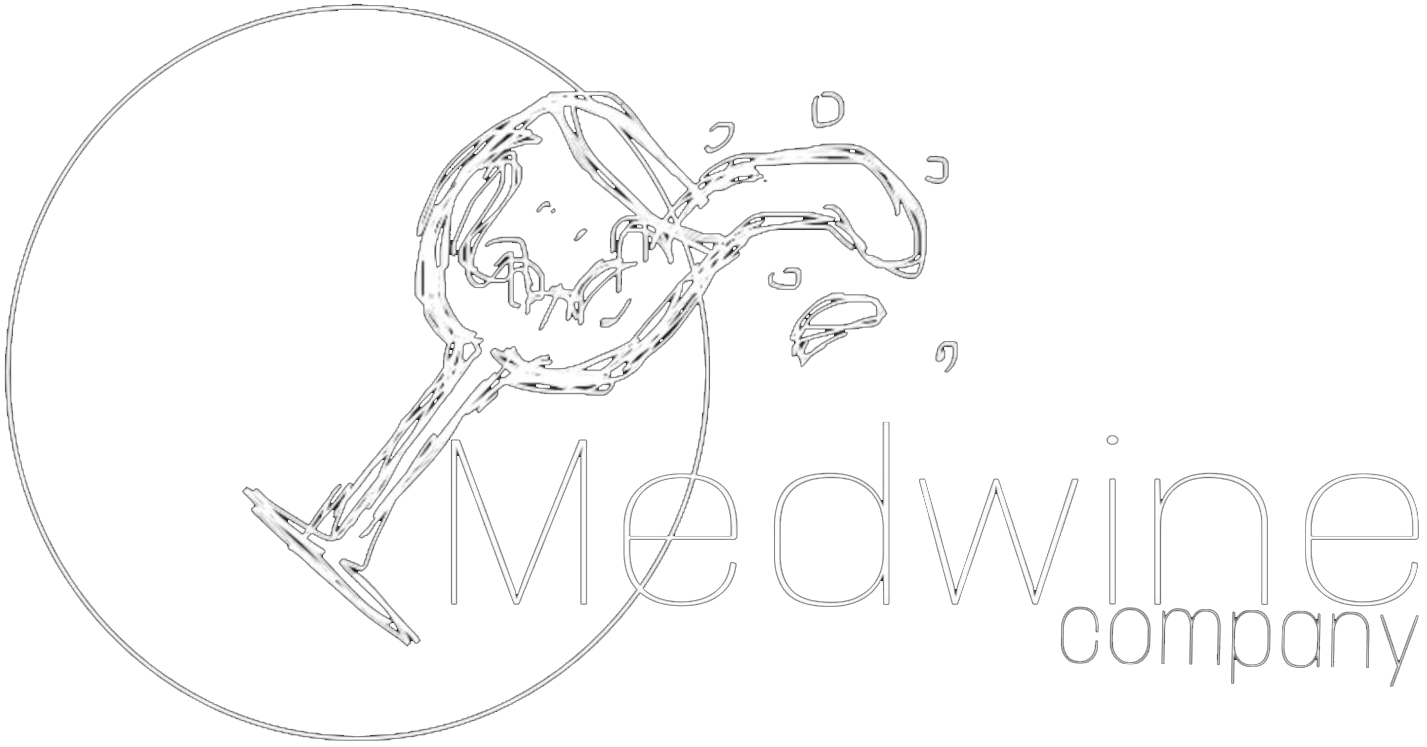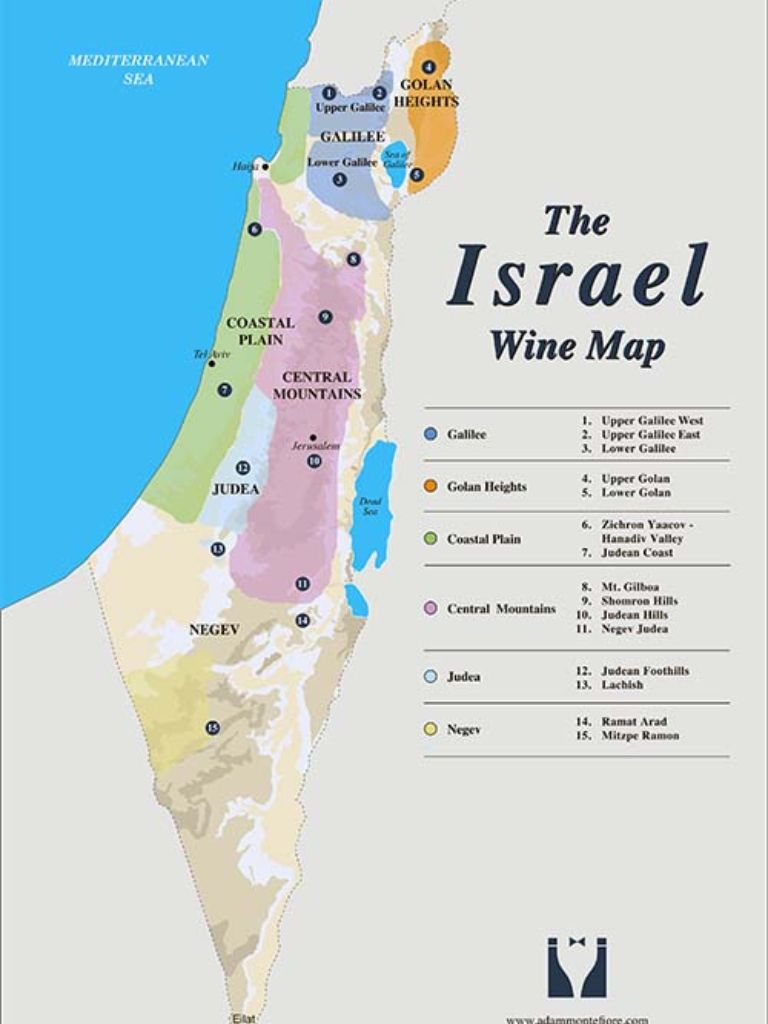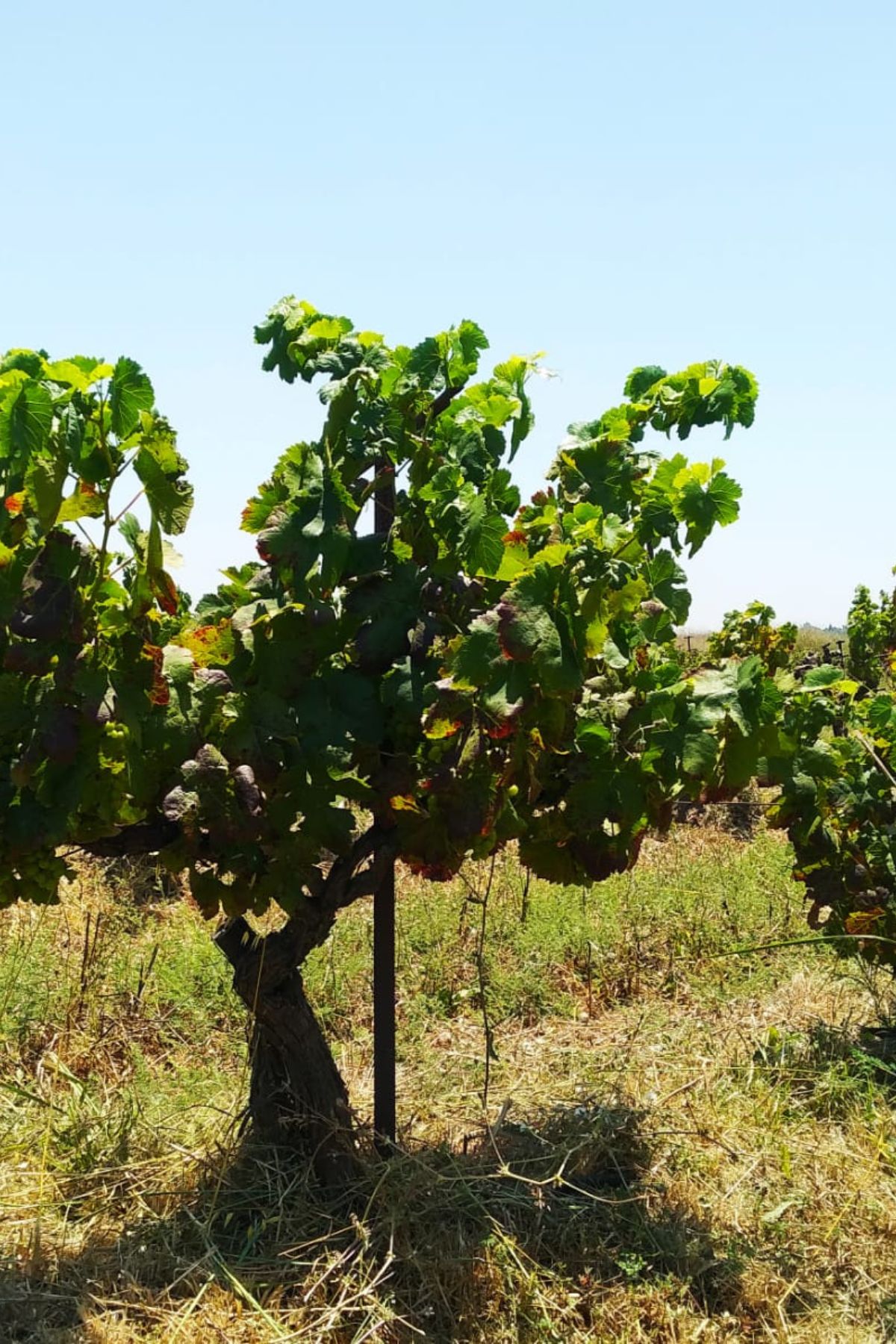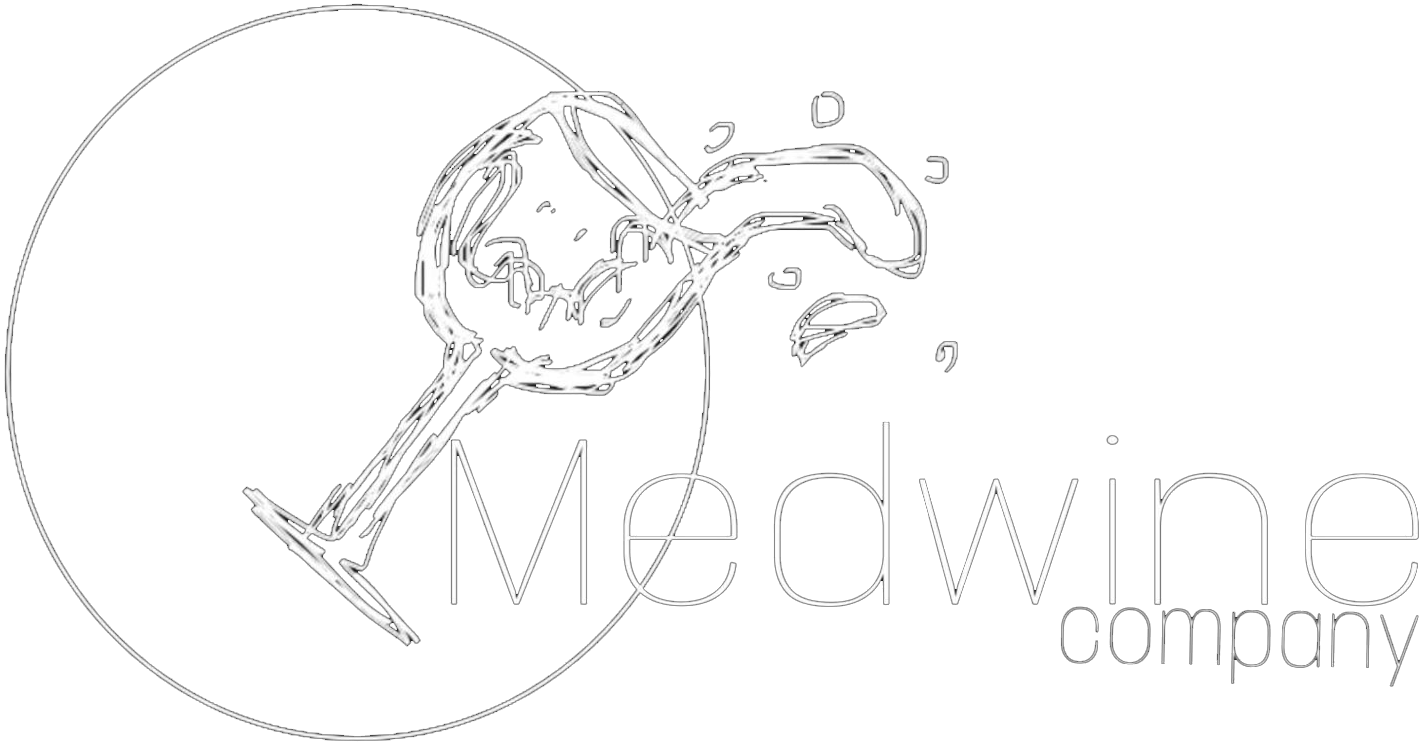THE UNIQUE TERROIRS OF ISRAEL
A TAPESTRY OF TERROIR AND TRADITION
Galilee and Golan Heights:
The northern regions of Galilee and the Golan Heights offer higher elevations and volcanic soils. These areas benefit from cooler temperatures and volcanic terroir, contributing to the production of high-quality wines with distinct mineral characteristics.
Coastal Plains:
The western part of Israel is characterized by coastal plains along the Mediterranean Sea. These areas experience a Mediterranean climate with hot, dry summers and mild, wet winters, providing a suitable environment for certain grape varieties.
Mountainous Regions:
Central Israel features mountainous regions, including the Judean Hills and Samarian Hills. Higher elevations lead to cooler temperatures, creating distinct microclimates suitable for grape varieties that benefit from slower ripening, resulting in wines with complexity and balance.
Negev Desert:
Southern Israel includes the Negev Desert, characterized by arid
conditions and extreme temperatures. Despite the challenging environment, innovative irrigation practices are employed to cultivate grapevines, showcasing the adaptability of certain grape varieties to thrive in unique conditions.
Israeli Wine History:
Ancient Roots:
Evidence of early winemaking in the region dates back to around 4000 BCE. During this period, the Land of Israel was already cultivating grapes for winemaking, as indicated by archaeological findings.
Biblical References:
Biblical references to wine and vineyards are scattered throughout the Old Testament, providing insights into the cultural and religious significance of winemaking. These references span from approximately 2000 BCE onwards.
Roman and Byzantine Periods:
Winemaking flourished during the Roman and Byzantine periods, from around 63 BCE to 636 CE. The technology and practices during this time further contributed to the development of the wine industry.
Middle Ages:
The Middle Ages, roughly from the 5th to the 15th century, saw variations in winemaking practices due to various rulers and conquerors in the region.
Ottoman Rule:
Under Ottoman rule, from the 16th to the early 20th century, there were restrictions on winemaking, but some communities continued the tradition in limited capacities.
Modern History of Israeli Wine:
Late 19th Century:
Baron Edmond de Rothschild, a French philanthropist, invested in Israeli vineyards in the late 19th century. Rothschild’s support was instrumental in establishing wineries like Carmel Winery in 1882, laying the foundation for the modern Israeli wine industry.
Early 20th Century:
Despite challenges, such as Ottoman restrictions on winemaking, Rothschild’s influence contributed to the survival and growth of winemaking in the region. Carmel Winery became a major player, producing wines that gained recognition internationally.
Post-Independence Period: 1948 Onward 1948-1967:
Following the establishment of the State of Israel in 1948, winemaking continued to evolve. Carmel Winery played a central role, but the industry faced challenges, including limitations on grape varieties.
1967 Onward:
After the Six-Day War in 1967, the wine industry underwent a transformation. New wineries emerged, experimenting with grape varieties and winemaking techniques.
Late 20th Century: Quality Improvement 1980s-1990s:
Israeli winemakers focused on improving quality, exploring international grape varieties, and adopting modern winemaking practices. Boutique wineries, such as Margalit, gained prominence.
21st Century: Diversity and Recognition 2000s-Present:
The 21st century witnessed a surge in diversity, with an increasing number of boutique wineries and a focus on terroir-driven wines. Israeli wines gained international recognition, winning awards and earning acclaim for their quality.
Innovation and Sustainability:
Winemakers embraced innovation, experimenting with unique grape varieties and sustainable practices. Israel became known for its diverse terroirs, from the Galilee to the Negev, contributing to the complexity of its wines.
Global Market Presence:
Israeli wines entered the global market, attracting attention for their quality, diversity, and unique expressions of terroir.
WINERIES
